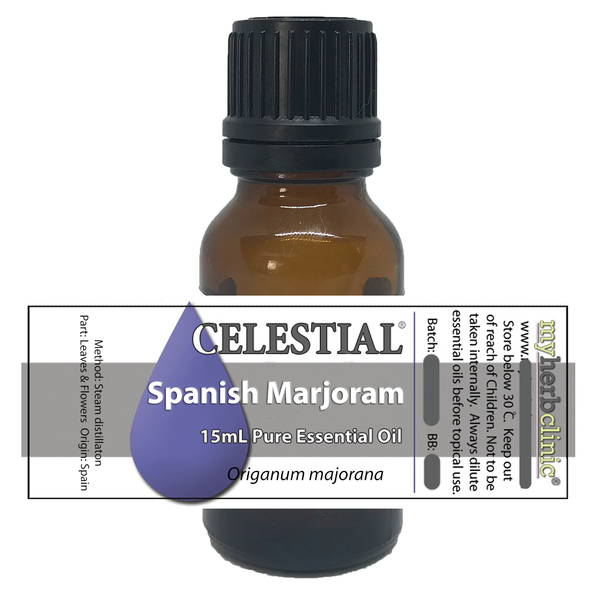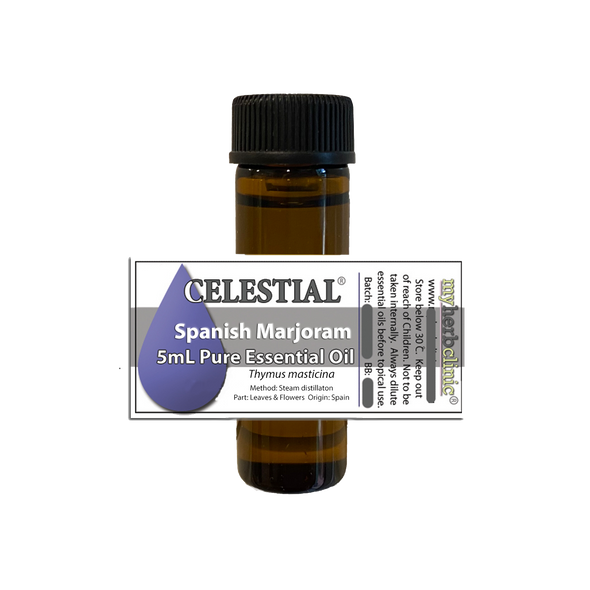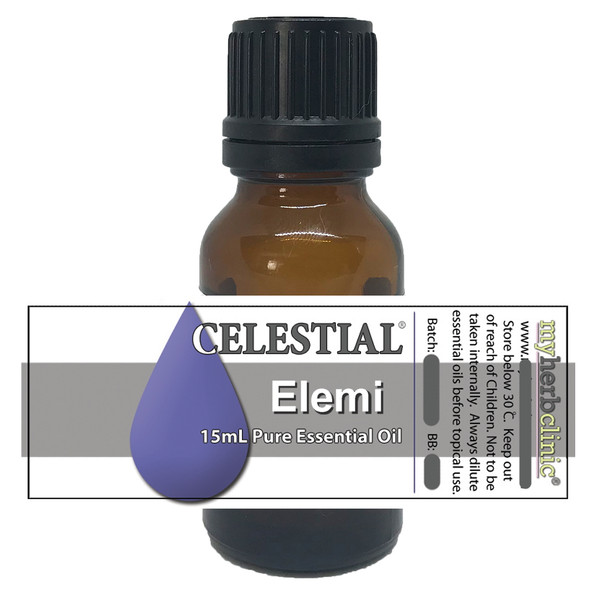Description
CELESTIAL ® Cedarwood Himalayan Essential Oil
Botanical Name: Cedrus deodara
Origin: India
Method: Steam Distilled
Part Used: Wood
Perfumery Note: Base, Fixative
Scent: rich, woody, balsamic, sharp
Typical Main Constituents: α-himachalene, β-himachalene, and γ-himachalene, α and γ atlantone
Blends well with: Bergamot, Eucalyptus, Geranium, Grapefruit, Lavender, Lemon, Orange, Rosemary, Sandalwood
Drift into tranquillity with CELESTIAL® Cedarwood Himalayan Essential Oil – SLEEP CALM, a grounding and soothing essence distilled from the majestic Cedrus deodara. Sourced from the towering Himalayan cedars, this oil exudes a rich, woody aroma with soft, balsamic undertones, evoking the serenity of ancient forests.
Perfect for relaxation rituals, meditation, and bedtime diffusion, Cedarwood Himalayan oil is a favourite for those seeking a sense of calm and balance. Let its deep, warm scent create a peaceful sanctuary, helping to unwind the mind and soothe the spirit.
100% Pure & Natural
Warm, Woody & Earthy Aroma
Perfect for Diffusers, Baths & DIY Blends
Embrace the stillness of nature with CELESTIAL® Cedarwood Himalayan Essential Oil – SLEEP CALM and invite serenity into your space.
Topical Application Information:
This essential oil is pure and undiluted, so if you wish to use it on your skin it will have to be diluted first. The general guide to using essential oils on your skin is that they should be diluted to a maximum of 3-5% in a carrier oil.
Essential Oil Safety:
Always dilute essential oils before applying them to your skin as when undiluted they may cause skin irritations. It is always a good idea to do a small patch test somewhere like the back of your hand when using a new essential oil for the first time.
DO NOT ingest essential oils. It is against the TGA (Therapeutic Goods Administration) Guidelines to suggest ingestion of essential oils in Australia. This is due to safety concerns around the harm an undiluted and highly concentrated essential oil can do when ingested. There are very few exceptions to this, which include a small number of essential oils allowed to be used in the food manufacturing industry in highly diluted amounts for flavouring and scent (such as Lavender and Peppermint), or when under the care of a qualified Naturopath or Aromatic Medicine Practitioner (holds recognised qualifications, and is a member of a Professional Association granting TGA exemptions).
It is always best to avoid using essential oils on or around your pets. Dogs process most essential oils similar to how humans do, and will usually not be bothered by most essential oils being diffused in a well ventilated space. Many dog shampoos and conditioners also contain essential oils. However we recommend you never leave a dog unsupervised in a room with an essential oil diffuser on. Cats do not tolerate essential oils and small amounts may be harmful, even using a diffuser in the same room may cause toxicity.
Essential Oil Storage:
Essential oils can last well beyond their best before in most cases when stored well. Minimise the time your lids are removed from bottles to reduce oxidisation, keep your lids on tight, and store out of light in a cool place.















